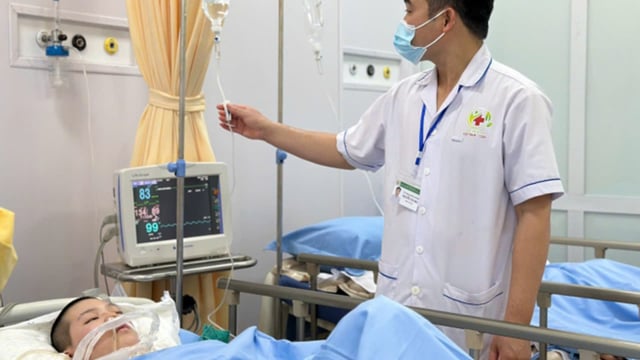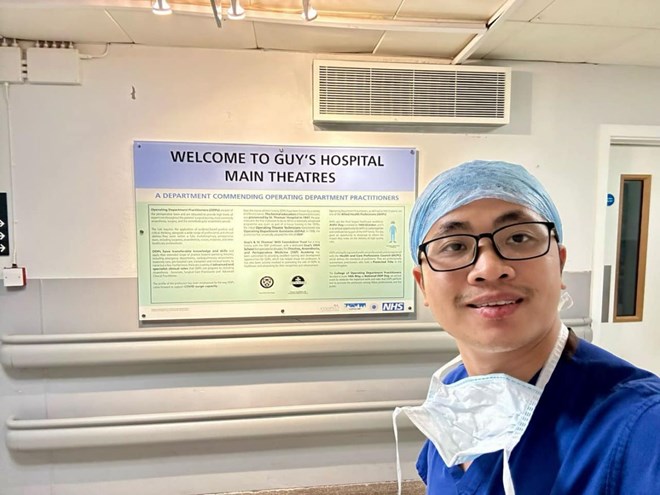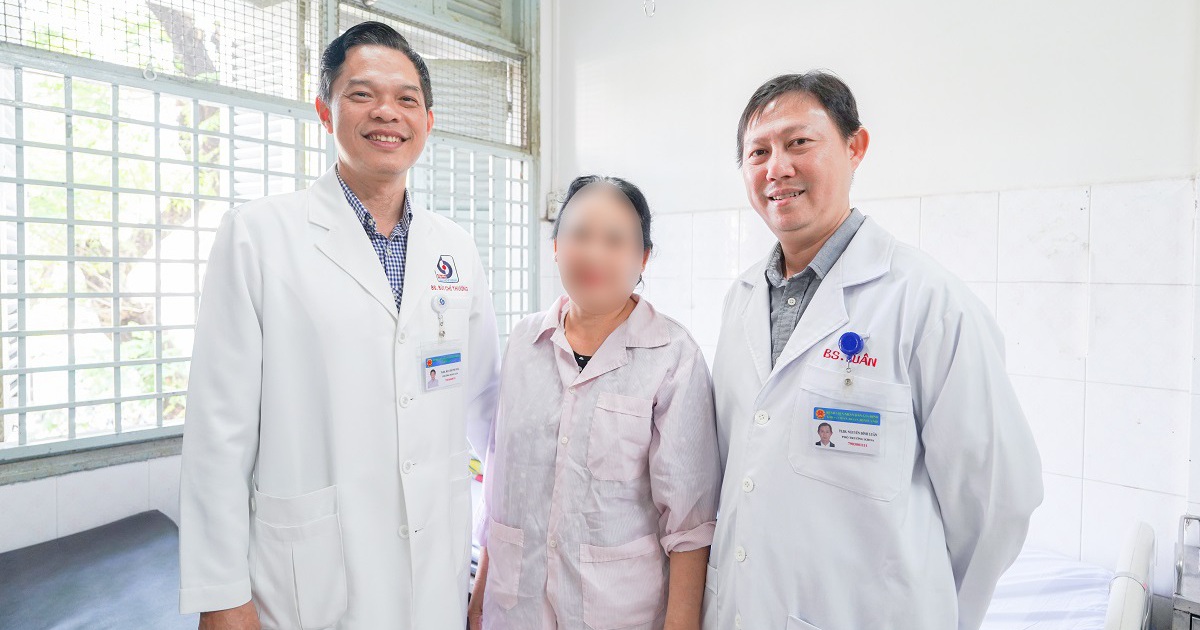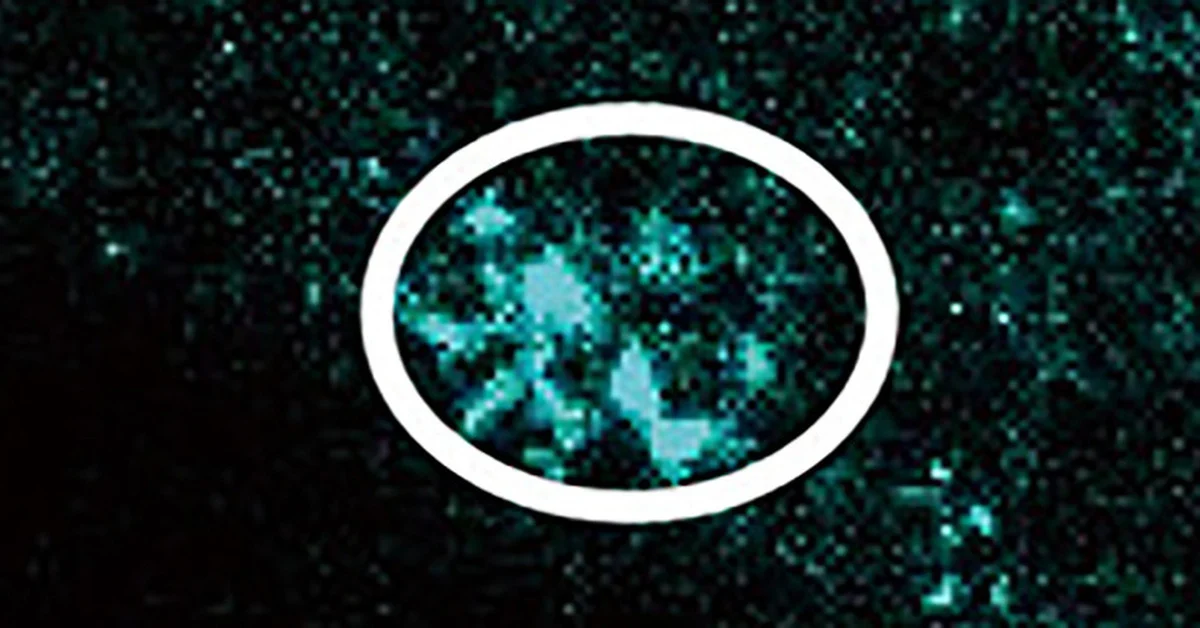My mother is 62 years old and has just been diagnosed with stage 1B papillary thyroid cancer. Is this disease dangerous? (Thu Hien, Hanoi)
Reply:
Thyroid cancer is the abnormal growth of malignant cells originating from the thyroid gland. Histologically, thyroid cancer is divided into differentiated carcinoma (follicular, papillary and oncocytic), medullary, undifferentiated thyroid cancer and other rare histological types such as thyroid lymphoma, thyroid sarcoma.
According to the Global Cancer Organization (Globocan) 2020, thyroid cancer is one of the 10 most common cancers in Vietnam, with about 5,470 new cases.
The disease has a good prognosis if diagnosed early and treated appropriately. Thyroid cancer that is not detected and treated promptly can easily develop, invade, metastasize, and threaten life.
There are many factors that affect prognosis including histopathological type, stage of disease detection, age at diagnosis, health status of the patient, treatment method chosen, patient's ability to respond to treatment...
Your mother has papillary thyroid carcinoma, which has a good prognosis for treatment and recovery. Papillary thyroid cancer is the most common form of the disease, accounting for more than 80% of cases.
Most patients with papillary thyroid cancer respond well to treatment, even in cases where the cancer cells have metastasized to the lymph nodes. The 5-year survival rate is over 99%. Many studies have shown that the 10-, 15-, and even 20-year survival rate is up to 90% for this type of disease. In cases of metastasis, the survival rate and treatment are still very promising.
In cases of similar histopathological types such as follicular and medullary thyroid cancer, the prognosis for recovery is still more than 90%.
In the case of poorly differentiated thyroid cancer, the prognosis for recovery is often low because cancer cells grow rapidly.
The preferred treatment option for stage 1 thyroid cancer is surgical intervention. Doctors will assess the patient's general health, discuss anesthesia safety, and the surgical method used. Depending on the postoperative results, further evaluations, additional treatments (such as radioactive iodine treatment...) and long-term follow-up plans, the doctor will advise the patient and family further.
Early detection of the disease helps doctors have more treatment options to achieve optimal results and the highest survival rate. You and your family need to encourage, care for and accompany your mother during the treatment process.
MSc. Dr. Luu Thao Ngoc
Oncology Department, Tam Anh General Hospital Hanoi
| Readers ask questions about cancer here for doctors to answer |
Source link





























































Comment (0)